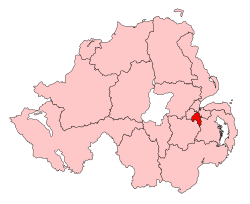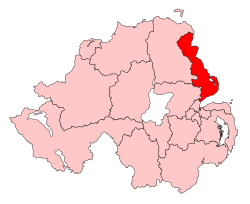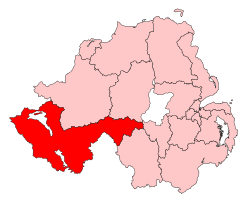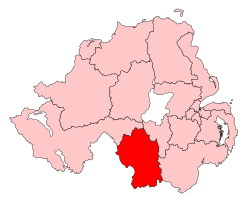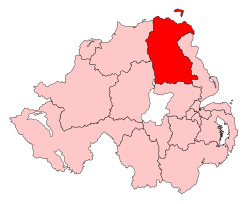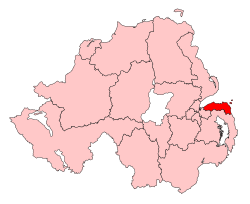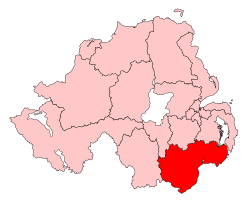Party strengths
| Party | Designation | May 2016 election | Jan 2017 end | |
|---|---|---|---|---|
| ● | Democratic Unionist Party | Unionist | 38 | 36 |
| ● | Sinn Féin | Nationalist | 28 | 28 |
| ♦ | Ulster Unionist Party | Unionist | 16 | 16 |
| ♦ | Social Democratic and Labour Party | Nationalist | 12 | 12 |
| ♢ | Alliance Party of Northern Ireland | Other | 8 | 8 |
| ♢ | Green Party in Northern Ireland | Other | 2 | 2 |
| ♢ | People Before Profit Alliance | Other | 2 | 2 |
| ♢ | Traditional Unionist Voice | Unionist | 1 | 1 |
| ● | Independent | Unionist | 1 | 1 |
| ♢ | Independent [n 1] | Unionist | 0 | 1 |
| Speaker [n 2] | None | 0 | 1 | |
| Total | 108 | |||
| Roles at commencement: ● = Northern Ireland Executive (66); ♦ = Assembly Opposition (28); ♢ = Other opposition (13). | ||||
Graphical representation
This is not the official seating plan





